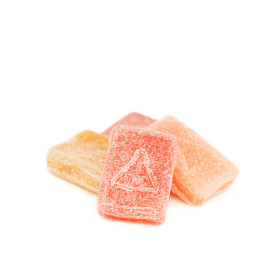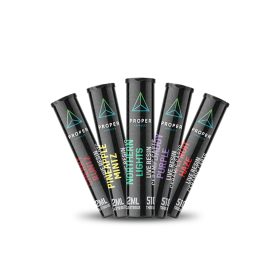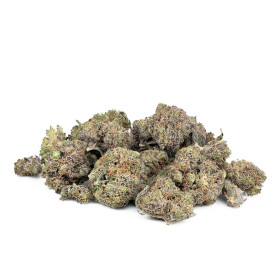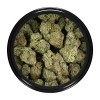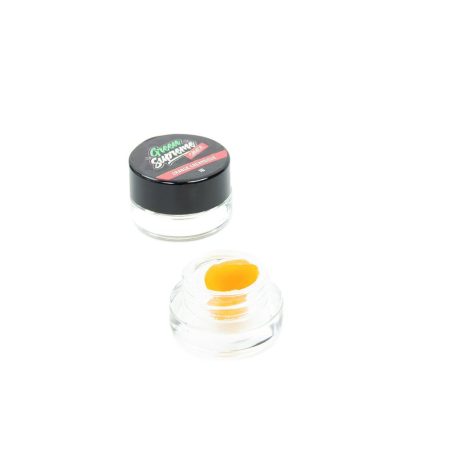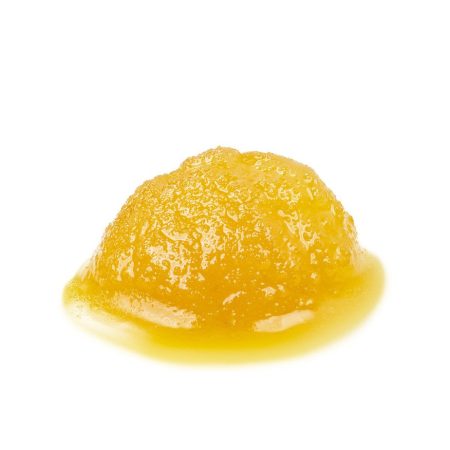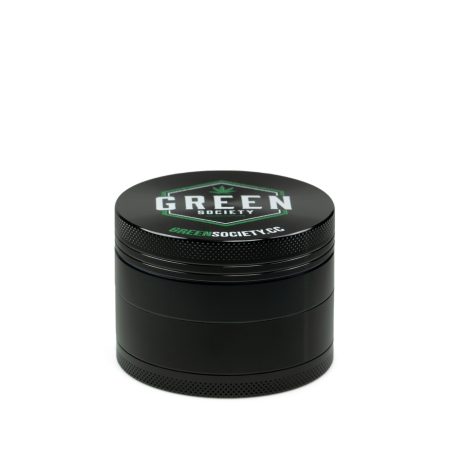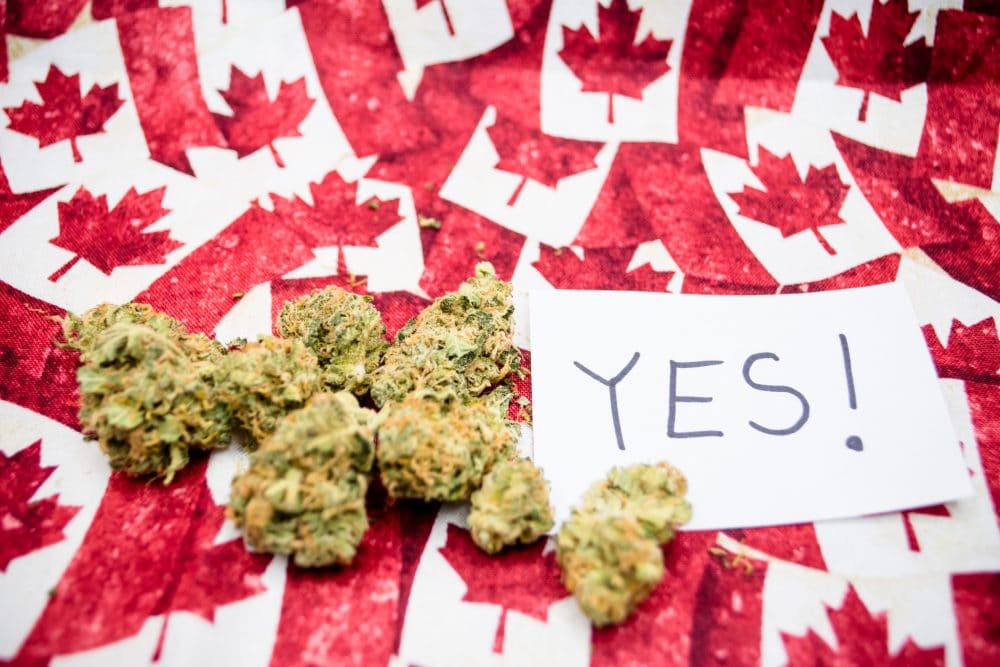Legalization
Legalization of Marijuana in Canada
Marijuana in Canada, As per Canadian laws, marijuana is classified as Schedule II drug under the Controlled Drug and Substances Act, which means that unless otherwise regulated for production and distribution for medical purposes, it is subject to offenses under that Act. Possessing and selling marijuana remains illegal and dispensaries & compassion clubs are not allowed to sell marijuana. The government is all set to propose a Cannabis Act which aims to legalize marijuana as a recreational drug. This Act would have a strict framework to control the production, distribution, sale and possession of marijuana.
The proposed Act will not only restrict youth access to marijuana but also deter and reduce criminal activities by imposing serious criminal penalties. Since the supply is systematic, this Act intends to protect public health through products passed according to safety and quality requirements. Adults can possess and access regulated and quality-controlled marijuana and this Act also makes the public aware of the health risks associated with marijuana.
Let’s have a look at the rules proposed by the Cannabis Act:
- Any person under the age of 18 can not sell or provide marijuana to any other person.
- Any person trying to give or sell marijuana to youth or using a youth to commit an offense related to marijuana can be penalized for maximum 14 years in jail.
- The Act also prohibits the below penalties for which can be a fine up to $5 million or 3 years in jail:
- Packaging, labeling or promoting marijuana to make it look appealing to youth
- Selling marijuana through vending machines
- The Act also proposes that adults who would be 18 years or older can legally
- Possess up 30 grams of legal marijuana (dried or non-dried form)
- Share 30 grams of legal marijuana with other adults
- Purchase dried or fresh marijuana or marijuana oil from a provincially/federally licensed retailer
- Grow 4 marijuana plant up to 100 cm per residence, for personal use from licensed seeds
- Prepare marijuana products at home without using organic solvents.
While the above rules sound a systematic approach to the distribution of marijuana, it is definitely better than the status quo where the criminal elements were profiting from marijuana and everybody (including kids) has easy access to the drug. At the same time, it brings up new challenges in front of law enforcement and medical authorities. How will police test the ‘high’ drivers? How will the law enforcement keep the drug away from young users? How will the existing international drug treaties be negotiated by diplomats?
The federal, provincial and territorial governments would share the responsibility of this new system. The responsibilities of the government would be to:
- Set strict requirements for producers who grow marijuana
- Set rules and standards for the following:
- Type of marijuana products allowed for sale
- Packaging and labeling requirements
- Standardize serving sizes and potency
- Prohibiting the usage of certain ingredients
- Tracking the products from seed to final sale to avoid the product getting diverted to illicit markets
- Restrict promotional activities
To quote PM Trudeau, “The intent of the legislation is not to encourage recreational use of marijuana – the intent is to better protect our kids from the easy access they have right now to marijuana [and] to remove the criminal elements that were profiting from marijuana.” While the intentions are clear, we can hope that this Act will set a systematic supply and distribution of marijuana products which is always better than the prevalence of illegal markets.


